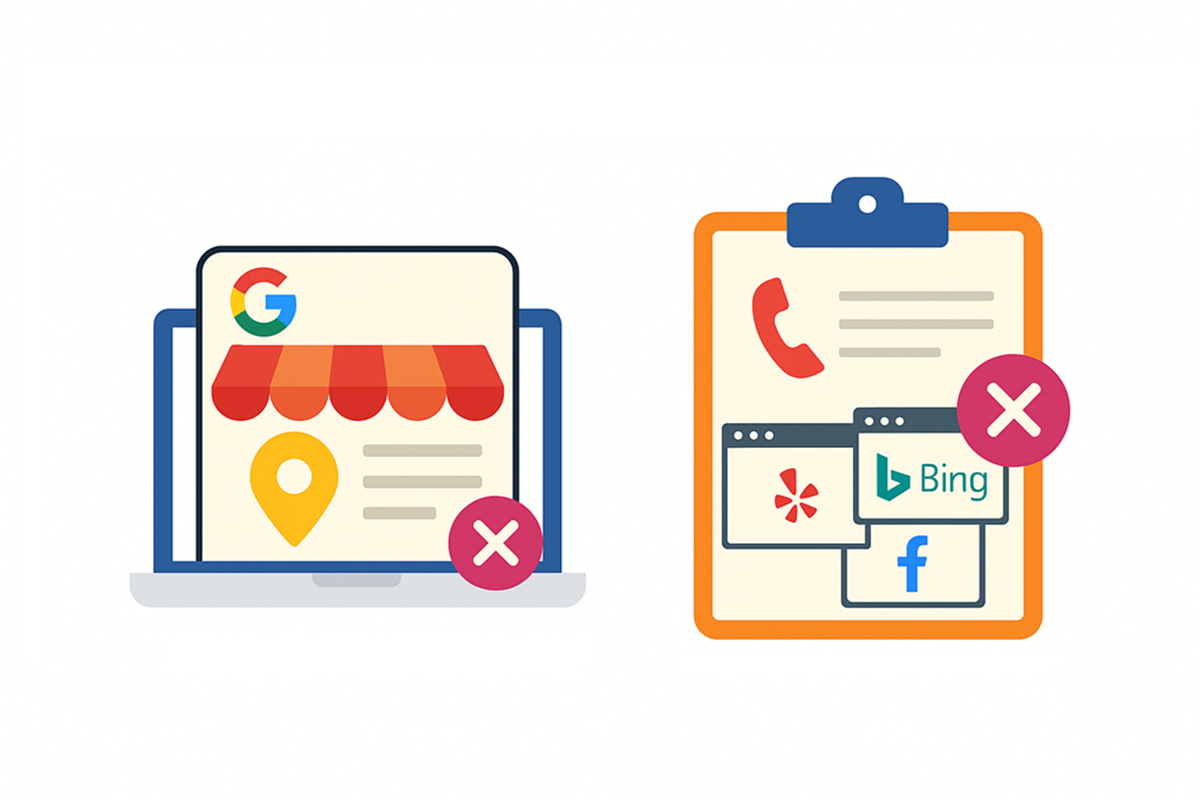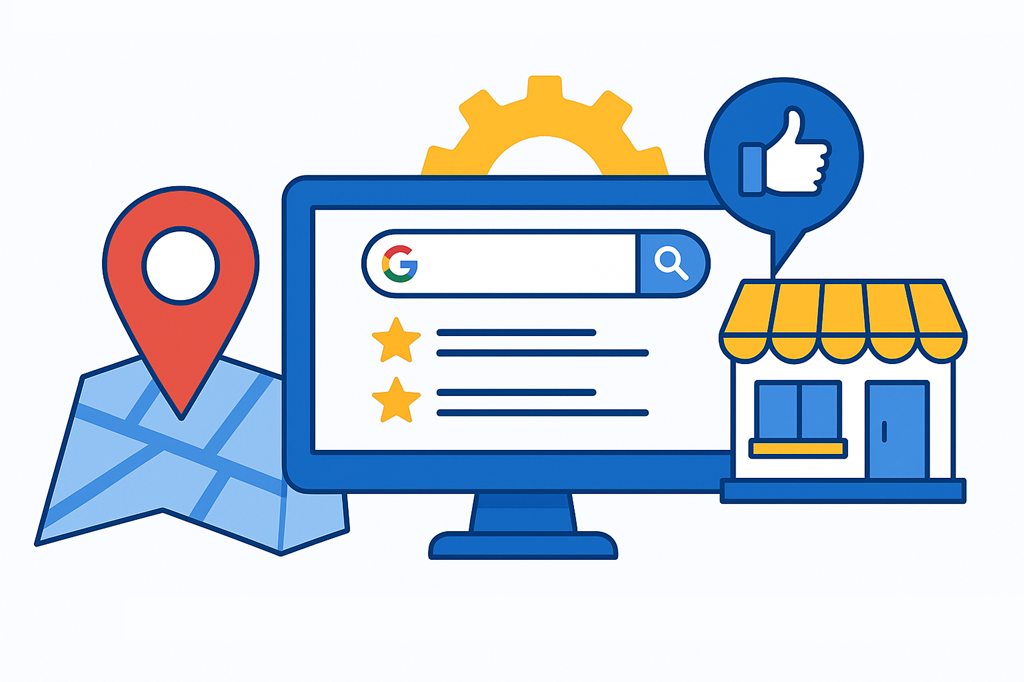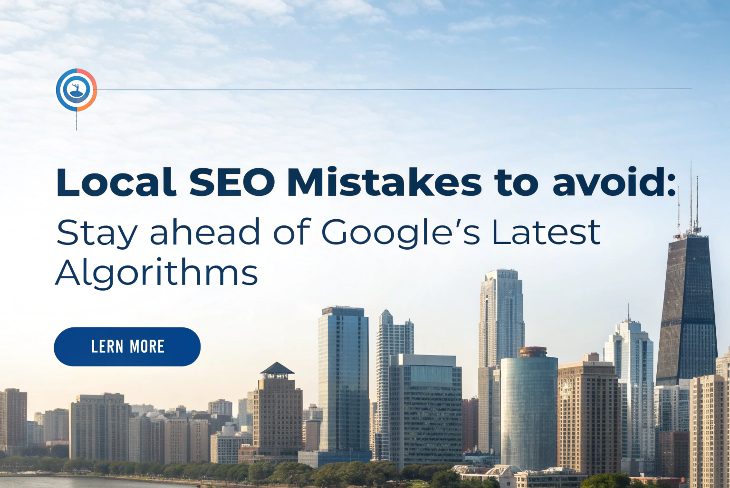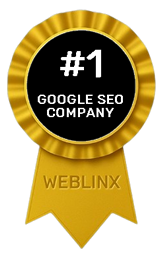Our local SEO services help your business stand out in local search results and attract nearby customers. We optimise your Google Business Profile, build local citations, manage reviews, and target location-specific keywords to improve visibility in your area.
Local SEO
£650.00 Original price was: £650.00.£575.00Current price is: £575.00.
- Local keyword research
- On-page local optimisation
- Local schema markup
- Local SEO submissions
- Review management strategy
- Google business optimisation
- Competitor analysis
- Website audit
- 2 blog posts per month
- 1 article per month
Page Content
£300.00 Original price was: £300.00.£125.00Current price is: £125.00.
- Grammar checked
- Keyword research
- Optimised for conversions
- Structured with headings and subheadings
- Internal linking strategy applied
- Plagiarism checks
- Competitor research
Blog Writing
£200.00 Original price was: £200.00.£95.00Current price is: £95.00.
- Grammar checked
- SEO optimised content
- Engaging tone & style
- Plagiarism checked
- Call-to-actions (CTAs) included
Why local SEO is relevant for your business
- 74% of consumers who search for local businesses on their phones visit a store within 24 hours (Google).
- 46% of all Google searches are for local information.
- A strong local presence builds trust and credibility with your community.
Without local SEO, your competitors could be stealing customers right from under your nose. Our expert team ensures you’re visible where it counts.
What are the benefits?
Increased local visibility
When customers search for local services or products, local SEO helps your business appear. You may attract customers who live nearby by improving your Google Business Profile and employing location-specific keywords.
Higher customer engagement
A well-optimised local presence encourages more interactions, such as calls, website visits, and direction requests. Features like customer reviews and Google Q&A build trust and help potential customers make informed decisions.
Better conversion rates
Local searches often lead to action, with many customers making a purchase or visiting a store within a short time. Ranking high in local search results puts your business in front of people who are ready to buy.
Check out our other SEO services
Key elements of local SEO
Effective local SEO helps businesses connect with nearby customers by improving their online visibility in location-based searches. By focusing on these key local search engine optimisation strategies, businesses can increase foot traffic, boost engagement, and drive more sales.
- Google business profile optimisation: Claim and verify your Google Business Profile. Keep business information (name, address, phone number) accurate. Add photos, business hours, and relevant categories.
- Local keyword optimisation: Use location-specific keywords in website content. Optimise meta titles, descriptions, and headers for local searches.
- NAP Consistency (Name, Address, Phone Number): Ensure your business information is the same across all online directories, social media, and your website.
- Online reviews & ratings: Encourage customers to leave positive reviews on Google and other platforms. Respond to reviews to engage with customers and build credibility.
- Local citations & directory listings: List your business on relevant directories like Yelp, Bing Places, and industry-specific sites. Keep listings updated with accurate information.
- Mobile optimisation: Ensure your website is mobile-friendly, as more and more local searches are now happening on mobile devices.
- Localised content creation: Publish blog posts or landing pages focused on local topics, news, and events. Highlight any of your community involvement or partnerships.
- Link building from local sources: Gain backlinks from local businesses, blogs, and news websites. Partner with local influencers or collaborate on community projects.
- Geo-targeted paid advertising (optional): Use Google Ads and social media ads to target specific locations. Focus on keywords with local intent, like “best plumber in [city].”
- Cost-effective marketing for small businesses: Local SEO levels the playing field by helping smaller businesses compete with larger brands in their area without massive ad budgets. It drives high-intent local customers who are ready to buy.
Locations
We offer SEO services across the UK in locations such as:
Best practices for effective local SEO
To maximise your local search visibility, follow these best practices to ensure your business ranks higher, attracts more local customers, and stays ahead of the competition.
Improve your google business profile
Claim and improve your Google Business Profile. To boost exposure and trustworthiness, verify your business name, address, and phone number (NAP), upload high-quality photos, update business hours, and promote client feedback.
Maintain all platform NAP consistency
Your business information should be consistent throughout internet directories, social media, and your website. Variations in your name, address, or phone number might confuse search engines and customers.
Think localised content and keywords
Create high-quality local content including community event blog articles, service websites, and FAQs. Use local keywords in titles, meta descriptions, and website copy to boost search ranks and attract local customers.

Local SEO mistakes to avoid
While local SEO can significantly enhance a business’s visibility, many businesses tend to make mistakes that negatively impact their visibility. Here are some of the most common errors:
1. Ignoring google business profile (GBP) optimisation
- Not claiming or verifying the listing.
- Providing inconsistent or incomplete business details.
- Failing to update business hours, address, and contact details.
2. Inconsistent NAP (name, address, and phone number) across listings
If your business details are different across directories (e.g., Yelp, Bing, Facebook), search engines may lower your ranking.
Would you like help auditing your local SEO or improving specific areas?
Local SEO and Google’s algorithms
Local SEO is essential for businesses looking to attract nearby customers, and Google’s ever-evolving algorithms play a crucial role in determining rankings. Google prioritises relevance, distance, and prominence when ranking local search results, meaning businesses must optimise their Google Business profiles, acquire quality backlinks, and encourage customer reviews. Factors like mobile-friendliness, local citations, and keyword relevance also influence rankings. With updates like Google’s Vicinity algorithm, which reduces spammy listings and refines local search accuracy, businesses must stay updated on best practices to maintain visibility and attract potential customers in their area.

FAQ's
Your local SEO questions answered
What is the difference between local SEO and regular SEO?
Local SEO focuses on optimising a business’s online presence for location-based searches, such as “best coffee shop near me” or “plumber in Manchester.” It helps businesses appear in local search results, Google Maps, and the local pack. Regular search engine optimisation, on the other hand, is broader and aims to improve a website’s visibility on a national or global scale by optimising content, backlinks, and technical aspects to rank higher in search engines for relevant queries.
What factors are important for local SEO?
Several key factors influence local SEO success. Google business profile optimisation is crucial, ensuring accurate business details, reviews, and categories. Local citations (mentions of a business in directories), NAP consistency (name, address, and phone number), and acquiring positive reviews also play a significant role. Additionally, on-page optimisation with localised keywords, quality backlinks from local sources, and mobile friendliness improves local rankings.
How does local SEO work?
Local SEO works by optimising a business’s online presence to improve visibility in local search results. Search engines use location data, relevance, and prominence to determine rankings. When a user searches for a local service, Google’s algorithm analyses the business’s proximity to the searcher, relevance to the query, and credibility based on reviews and online mentions. Factors like structured data, localised content, and backlinks from authoritative sources also help businesses rank higher in local searches.
How effective is local SEO?
Local SEO is highly effective for businesses that rely on local customers, as it helps them appear in front of potential clients at the exact moment they’re searching for relevant services. Studies show that a significant percentage of local searches lead to in-store visits or direct business enquiries. With mobile searches increasing, local SEO ensures businesses capture high-intent customers looking for nearby solutions, ultimately leading to better engagement, foot traffic, and conversions.
How can local SEO help my business get more customers?
Local SEO ensures that when someone in your area searches for your product or service, your business actually shows up. It’s not just about ranking higher; it’s about being found in Google Maps, local directories, and search results where buying intent is highest. A local SEO package typically includes optimising your Google Business Profile, building local citations, managing reviews, and creating location-focused content. That means instead of wasting money on broad, untargeted ads, you’re visible exactly where your ideal customers are looking, right in your city.






